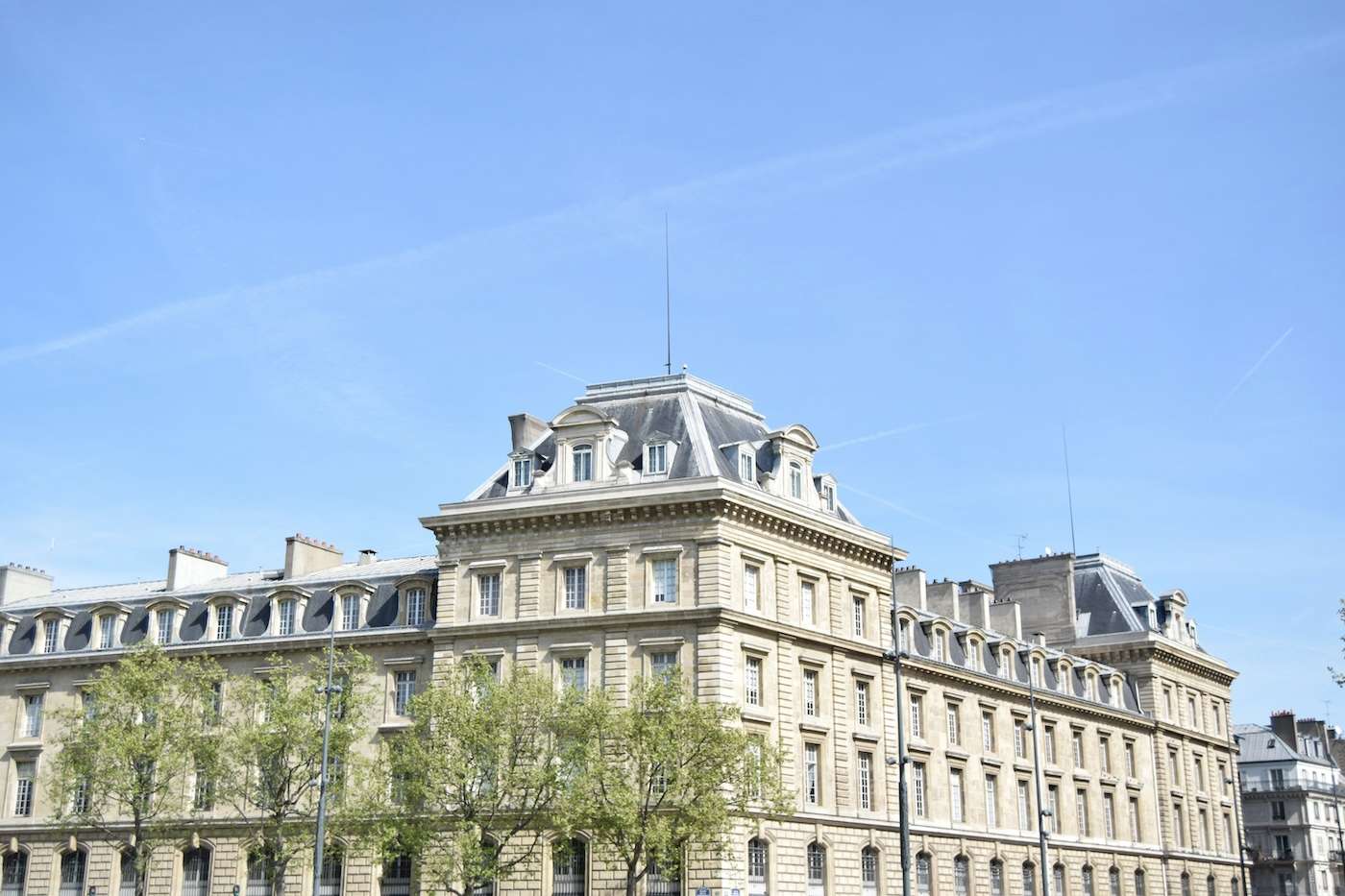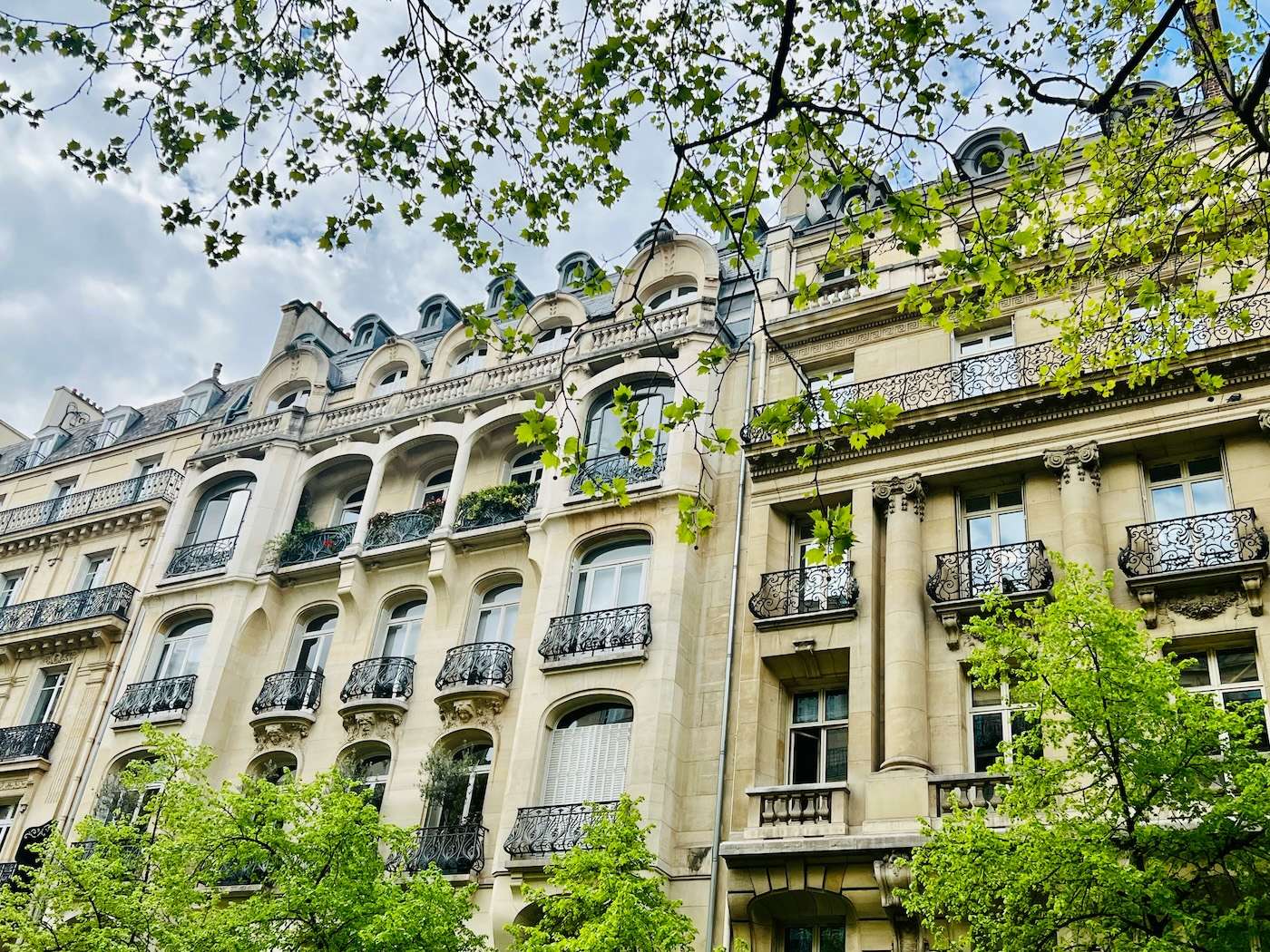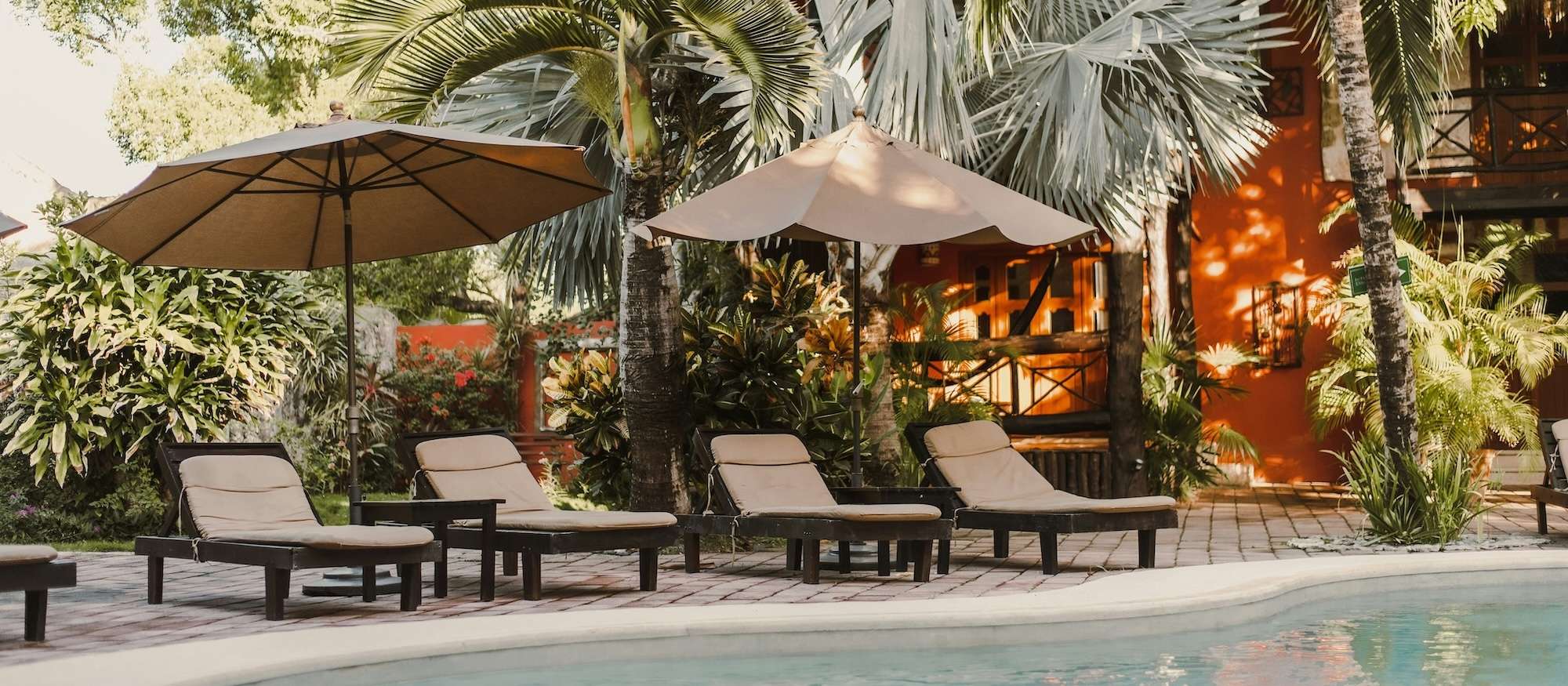Paris neighborhoods vary from historic streets and art-focused districts to lively shopping areas and quiet residential quarters. Boutique hotels thrive in areas that are walkable, safe, and well-connected to metro lines. Use the details below to match neighborhood vibe, transport options, and sightseeing to your plans.
Le Marais
Le Marais is a historic district with narrow cobblestone streets, historic mansions, and a mix of cafés, galleries, and boutique shops. Boutique hotels here often occupy restored townhouses or period buildings with modern interiors. The area is walkable and central, ideal for sightseeing or evening strolls. It is lively during the day, quieter at night on smaller streets, and well connected via Metro lines 1, 5, and 8.
What we love
- +Central location
- +Historic character
- +Walkable
- +Diverse dining and shopping options
Worth noting
- –Can be crowded during tourist season
- –Boutique rooms are often small
- –Some streets busy with pedestrians
Nearby
Place des Vosges · Picasso Museum · Hôtel de Ville · Rue des Rosiers · Carnavalet Museum

Saint-Germain-des-Prés
Saint-Germain-des-Prés is a classic Parisian district with literary cafés, art galleries, and historic churches. Boutique hotels are typically small, elegant, and well-kept, located along quiet streets or near the river. The neighborhood offers a central location with easy access to Rive Gauche and the Seine. Nights are calm, with cafés and bars providing a relaxed Parisian atmosphere.
What we love
- +Charming streets
- +Close to landmarks and museums
- +Calm evenings
- +Central transport
Worth noting
- –High room rates
- –Fewer larger boutique hotels
- –Popular spots can be crowded
Nearby
Café de Flore · Les Deux Magots · Saint-Sulpice Church · Luxembourg Gardens · Musée d'Orsay
Latin Quarter
The Latin Quarter is an academic and historic hub with narrow streets, bookshops, and lively student areas. Boutique hotels range from small heritage properties to modernized townhouses. Walking access to Notre-Dame, the Pantheon, and Sorbonne University is easy. The area is active during the day with cafés and bookstores, quieter at night except along main roads.
What we love
- +Central, historic, walkable
- +Cultural landmarks nearby
- +Lively but manageable
Worth noting
- –Streets can be narrow
- –Some parts tourist-heavy
- –Boutique hotels limited in size
Nearby
Notre-Dame Cathedral · Panthéon · Jardin du Luxembourg · Cluny Museum · Rue Mouffetard
Handpicked Hotels
Boutique Hotels in Paris

Montmartre
Montmartre is known for hilltop streets, artistic heritage, and the Sacré-Cœur Basilica. Boutique hotels here often occupy converted townhouses with views over Paris. The area has a village feel, narrow streets, and steps leading to the hilltop. Metro access is available but some streets require walking uphill. Nights are lively near Place du Tertre but quieter in residential lanes.
What we love
- +Artistic and historic charm
- +Views over Paris
- +Unique boutique properties
- +Cafés and galleries
Worth noting
- –Hilly terrain
- –Walking required
- –Less direct metro access to other districts
Nearby
Sacré-Cœur · Place du Tertre · Musée de Montmartre · Moulin Rouge · Rue Lepic cafés
Opéra / Grands Boulevards
The Opéra district is central, featuring department stores, theatres, and wide boulevards. Boutique hotels tend to be design-focused or modern apartments. It's ideal for shopping, theatres, and central transport with Metro lines 3, 7, and 8. Nights are busy along main streets but quieter in side alleys.
What we love
- +Excellent transport connections
- +Central shopping and dining
- +Modern boutique options
Worth noting
- –Less historic charm
- –Main streets can be noisy
- –Boutique hotels smaller than luxury chains
Nearby
Palais Garnier · Galeries Lafayette · Printemps · Musée Grévin · Rue Saint-Lazare
Le Canal Saint-Martin
Canal Saint-Martin offers a relaxed vibe with waterside walks, trendy cafés, and indie boutiques. Boutique hotels are intimate, often in renovated industrial buildings. The neighborhood is quieter at night and attracts a younger, local crowd. Metro access via République and Jacques Bonsergent stations connects easily to the city center.
What we love
- +Trendy but quiet
- +Intimate boutique hotels
- +Waterside cafés
- +Local vibe
Worth noting
- –Fewer historic monuments
- –Smaller hotel selection
- –Evenings calm, nightlife limited
Nearby
Canal Saint-Martin · Parc des Buttes-Chaumont · République · Place de la Bastille
7th Arrondissement / Eiffel Tower Area
The 7th is home to the Eiffel Tower, Champs de Mars, and government buildings. Boutique hotels here are often small, upscale, and quiet with street-side charm. Ideal for travelers wanting iconic views and proximity to landmarks. The area is safe and residential, quieter at night compared with other central districts.
What we love
- +Close to Eiffel Tower
- +Scenic
- +Quiet and safe
- +Upscale boutique options
Worth noting
- –Expensive
- –Fewer dining and nightlife options
- –Streets less lively
Nearby
Eiffel Tower · Champ de Mars · Musée d'Orsay · Les Invalides · Rue Cler market

Haut-Marais / 11th Arrondissement
The Haut-Marais area has become trendier, with art galleries, restaurants, and small boutiques. Boutique hotels are small-scale and modern, often repurposed from older buildings. It's central, walkable, and less crowded than the lower Marais. Evenings offer cafés and local bars rather than tourist-focused spots.
What we love
- +Central
- +Boutique hotels with design focus
- +Art and food options
- +Quieter than Marais 3/4
Worth noting
- –Some streets still busy
- –Fewer heritage buildings
- –Boutique inventory limited
Nearby
Place de la République · Centre Pompidou · Musée Picasso · Local art galleries
More Places to Stay
Boutique Hotels in Paris
Ready to explore Paris?
Browse our curated collection of boutique hotels across all neighborhoods.
View All Hotels in Paris



















